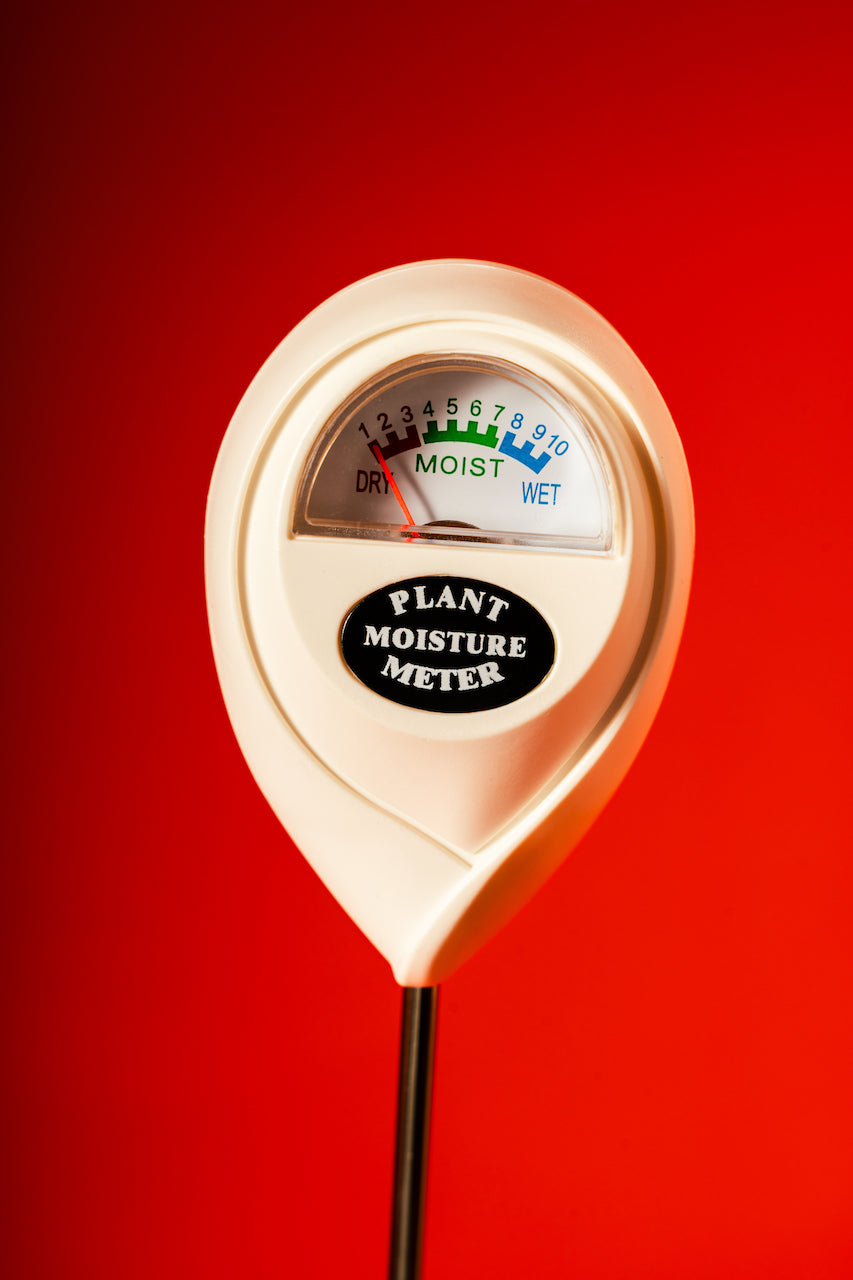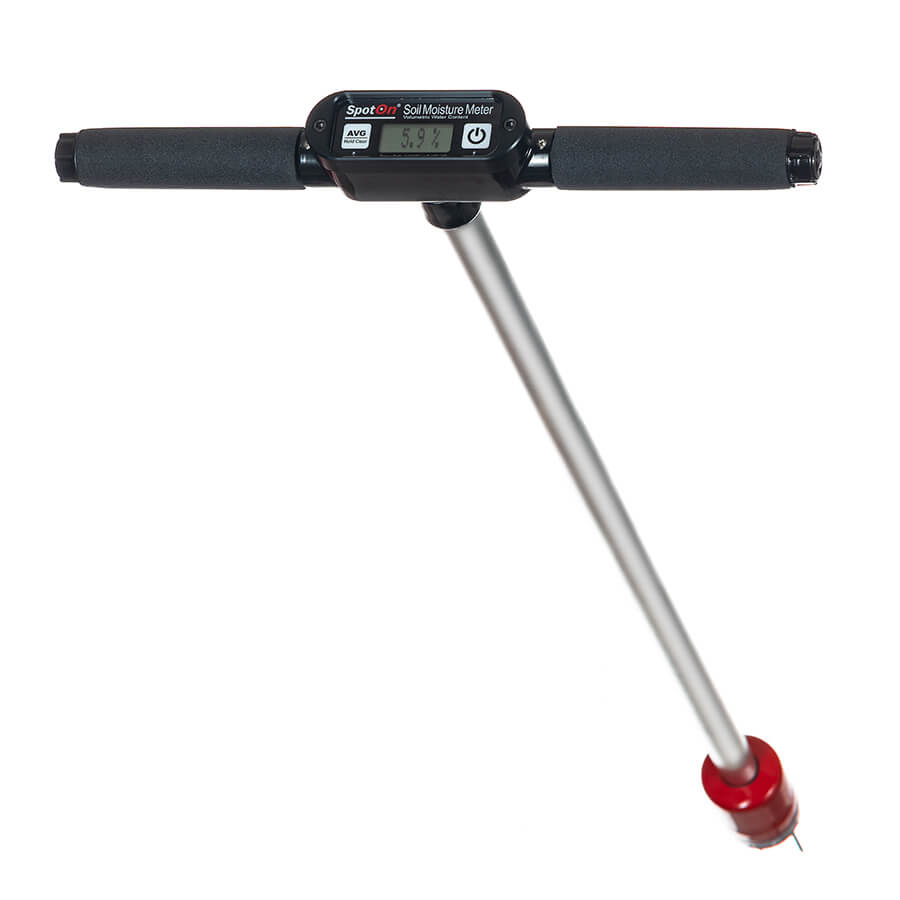How to Use a Moisture Meter to Discover Concealed Water Damages in Your Residential property
How to Use a Moisture Meter to Discover Concealed Water Damages in Your Residential property
Blog Article
The Ultimate Guide to Wetness Meters: A Comprehensive Overview and Exactly How They Can Conserve You Cash
In the world of structure maintenance, construction, and different industries, the significance of accurately measuring wetness degrees can not be overemphasized. Dampness meters serve as important devices in finding and checking moisture web content in products, assisting in protecting against expensive problems and making certain the quality of products. Recognizing the nuances of different sorts of wetness meters, their applications, and the potential cost-saving benefits they supply can be a game-changer for experts and companies alike. Finding how these tools can not only simplify processes however additionally add to monetary cost savings is a journey worth starting.
Kinds Of Moisture Meters
Different kinds of dampness meters are offered for different applications in different sectors. One common type is the pin-type wetness meter, which measures the electric resistance between two pins put into a material. This kind is suitable for timber, drywall, and other structure products. Pinless dampness meters, on the other hand, use electromagnetic sensing unit plates to check a larger area without causing damage to the product's surface. Moisture Meter. These meters are optimal for quickly analyzing dampness degrees in big areas such as floorings and walls.

Infrared wetness meters measure the thermal buildings of a product to establish its moisture material non-invasively, making them helpful for applications where pin or pinless meters may not be ideal. Understanding the different types of dampness meters offered can assist industries select the most appropriate tool for their details moisture measurement requirements.

Advantages of Utilizing Moisture Meters
Wetness meters offer indispensable advantages in precisely evaluating and keeping track of dampness degrees in diverse materials and atmospheres (Moisture Meter). One of the main advantages of using wetness meters is the avoidance of potential damages brought on by excess dampness. By identifying and attending to high dampness levels at an early stage, wetness meters assist to avoid mold growth, rot, and structural damages in structures, conserving both money and time on fixings. Additionally, dampness meters help in ensuring the quality of materials throughout building or production processes. By accurately determining dampness web content, these tools assist maintain the integrity of wood, drywall, concrete, and various other products, decreasing the threat of failings or issues.
Additionally, utilizing wetness meters can lead to raised power effectiveness. In farming setups, dampness meters play a critical duty in optimizing crop returns by enabling farmers to keep an eye on dirt wetness levels and make informed watering decisions.
Just How to Choose the Right Wetness Meter
Picking the appropriate moisture meter involves considering key factors such as product compatibility, dimension array, and calibration accuracy. When choosing a moisture meter, it's essential to make certain that the meter appropriates for the details product you will be testing. Different products have varying electric homes that can affect moisture analyses, so picking a meter created for your product is essential for accurate outcomes. Furthermore, consider the measurement range of the wetness meter. Make certain that the meter can identify wetness levels within the variety needed for your applications. Calibration precision is another critical aspect to remember. Choose a dampness meter with dependable calibration to make certain consistent and precise analyses. Some meters may need periodic calibration adjustments, so understanding the calibration process is very important. By thoroughly reviewing these aspects, you can choose a dampness meter that meets your needs and supplies exact dampness dimensions for your tasks.
Appropriate Strategies for Dampness Meter Usage

Price Financial Savings Via Dampness Meter Applications
Just how can the critical application of dampness meters have a peek at this website cause considerable expense savings across numerous markets? Wetness meters play a vital function in cost savings by protecting against possible damages and guaranteeing quality assurance in various markets. In the agriculture industry, dampness meters help in identifying the optimal time for collecting plants, avoiding over-drying or excess dampness that can affect the final item's high quality. This precise surveillance assists farmers avoid unneeded losses and maximize explanation their return.
In a similar way, in building, dampness meters aid protect against costly problems by spotting dampness levels in structure products, such as wood or concrete, which can cause structural problems otherwise addressed immediately. By recognizing problem locations early on, specialists can take corrective steps to stay clear of extensive repair services or substitutes, ultimately saving money and time.
In addition, in the food processing market, wetness meters are essential for keeping track of product top quality and making certain compliance with security guidelines. By properly gauging moisture content in food, producers can stop perishing, keep freshness, and reduce waste, resulting in considerable expense financial savings. Generally, the critical application of dampness meters is a valuable investment that can lead to substantial cost reductions and improved efficiency across various industries.
Conclusion
To conclude, moisture meters are valuable tools for detecting and measuring moisture degrees in numerous products. By using the best wetness meter and following proper strategies, users can successfully protect against pricey damages triggered by excess moisture. Spending in a top quality dampness meter can bring about substantial price savings over time by identifying possible problems at an early stage and enabling punctual removal. Ultimately, dampness meters are necessary instruments for maintaining the honesty and durability of frameworks and materials.
Dampness meters offer as essential tools in discovering and monitoring moisture content in products, assisting in preventing pricey damages and making sure the high quality of items. Infrared wetness meters measure the thermal residential or commercial properties of a material to establish its dampness content non-invasively, making them valuable for applications where pin or pinless meters might not be appropriate.Wetness meters supply important advantages in properly monitoring and analyzing dampness degrees in diverse materials and environments. In farming setups, dampness meters play a crucial function in about his optimizing crop returns by allowing farmers to keep track of dirt moisture levels and make educated watering choices.In conclusion, moisture meters are important tools for measuring and spotting moisture levels in various materials.
Report this page